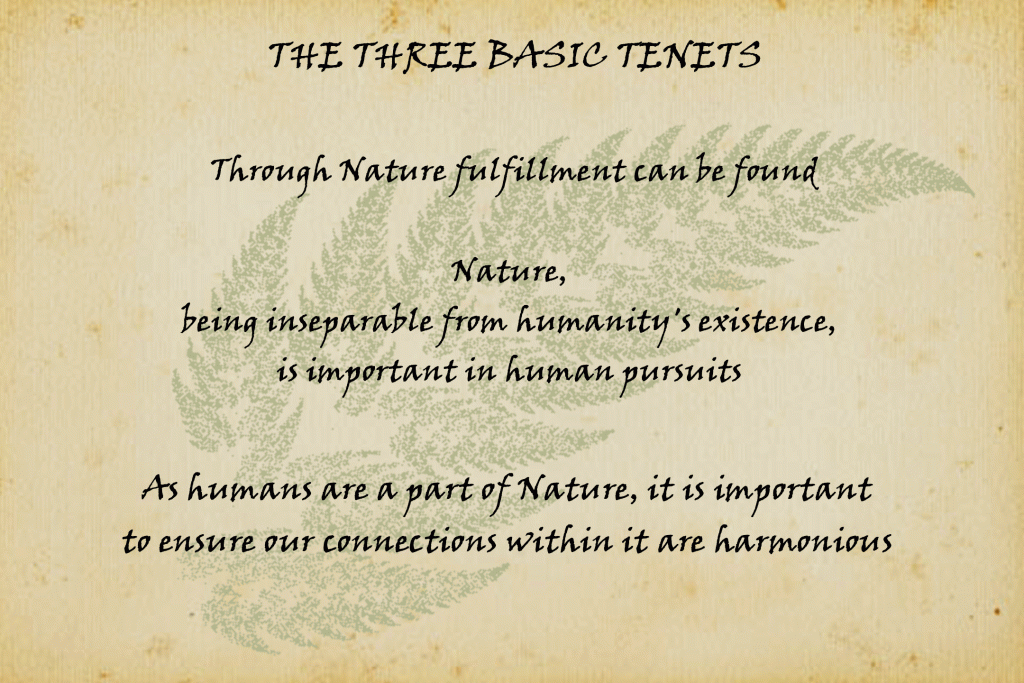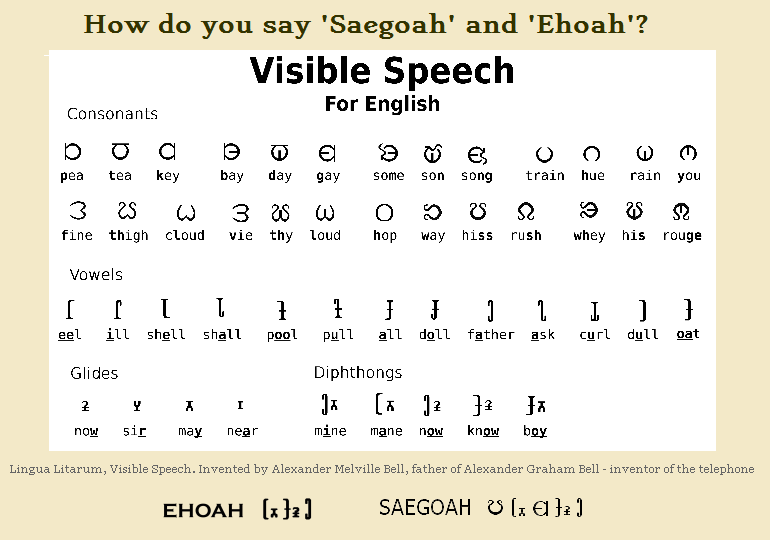For Naturalistic Practitioners, Are Pagan Aspects A Distraction From Naturalistic Goals?
Leave a commentJan 20, 2022 by Rua Lupa
I tend to lurk on the Atheopaganism facebook group, since it is one of the few places that see the world in a naturalistic way and encourages a practice that respects that same world. Lately I have been seeing people mention that there has been a fair amount of topics that, at least appear to be, supernatural in perspective – often labelled “woo”. Now I understand that for a sizable number of Atheopagans, Archtypes and Metaphor is what is at play – but admittedly it becomes difficult to distinguish who is a true believer and who is being metaphorical. Personally it is not for me, but Atheopaganism leaves room for both approaches – metaphor and literal forms of practice, so I stick around.
Some in these discussions have pointed out how most people come from a cultural background that contains supernatural based customs and rituals, and leaving those familiar references can be difficult. And many look toward Pagan structures as a reference to be more grounded to our physical world. Otherwise how do you do ritual without invoking these religious structures? And that is what I strive to do – figure out ways to connect with our physical world in customs and ritual that does not reference the supernatural. I have no animosity to those who decide otherwise, I simply find myself asking, “what is the point?” and get the sense that it is the feeling of emotional connection that is being sought out, and familiar imagery can make that easier – hence the personification of nature. This is something that I am very wary of for one major reason – Nature is very complex and metaphorical personification of Nature, by its very nature, over simplifies these complexities.
“Mother Nature” type personifications, as one of the biggest examples, teaches that Nature is a provider, that looks out to care for us. That is very problematic, because it is naive. Living in a wilderness setting teaches you otherwise very quickly – Nature is a Network of Life and Death, and quite Indifferent to you. Being human means being an apex predator, and as such are not accustomed to being on the other end of that. Once you have been seen and pursued as prey by another species, you gain a very different perspective. Even if that has not happened, you learn that Nature is Unforgiving. The weather – blazing heat, freezing cold, high winds, dense fog, snow squalls; and the terrain – rapids, cliffs, mud, deep snow, sharp and poisonous plants… can kill you if starvation or the organisms living there do not do so first (bacteria and parasites are often overlooked, and far too often when drinking water – enjoy your giardia colony!). The wilderness is all fine and dandy to visit for a brief camping trip in ideal weather and terrain, and it can be easy to romanticize Nature if those are your only experiences, and these metaphors and archetypes make it easier to do so. A feel good custom or ritual based on this is nice, but it is a disservice to what it is supposed to represent, and goes back to my question, “what is the point?”
A secondary reason I have against utilizing supernatural references is that, when observing such customs and rituals, you are unable to determine that they do not believe in the supernatural elements of Paganism. “If it walks like a duck and talks like a duck…”. Maybe including these supernatural Pagan elements is an expression to maintain a legitimacy to being AtheoPAGAN? I know that Atheopaganism emphasizes that Pagan in it’s structure is not about ties to the supernatural trappings but about our place in Nature and that is the main feature. It just becomes hard to see that as actions are a greater expression of what a group is about than words. It thus appears the traditional elements of Pagan expression are the main feature and is integral to Atheopaganism.
Why else have customs and rituals referencing Pagan supernatural elements – even as metaphor – if that is not part of the point?
I only came across Atheopaganism after I founded Ehoah, and Ehoah is itself an offshoot of Reformed Druidism, a haven for when I first left Evangelical Christianity, where I explored religion and paganism. I created an offshoot because I found the Druidic trappings were a distraction rather than an aid for what I wanted to achieve – which I still enjoy studying to this day for historical understanding and incorporating elements that work in this goal. I had not labelled myself or Ehoah as a Pagan Practice, but others had seen me and Ehoah as such and been invited to participate in explicitly Pagan projects as a result. I have no problems with being seen as such, and have been seen as not Pagan by others within the umbrella as well, that is fair too. I just happen to find myself here and do not feel any strong attachment to seeing myself as Pagan either way. I just try to create and share what works for me and ended up founding a new tradition of sorts – having not realized it until a peer told me so and encouraged me to publish what I was doing. So I did.
The process I take when studying the structuring of a custom or ritual is to ask, “if it does not cause tangible positive outcomes, especially in the long term beyond yourself, what is it’s purpose then?” “What do I want to achieve in my actions – in any ritual or custom I do?”
For me, and why I founded Ehoah (shorthand for Complete Harmony within Nature) – is to ensure the structure of the custom or ritual instills seeing yourself as a member of the greater ecological community and to use that to cultivate actions to live harmoniously with our interconnections. Hence the Three Tenets of Ehoah,
“Through Nature Fulfillment can be found”
“Nature, being inseparable from humanity’s existence, is important in human pursuits.”
“As humans are a part of Nature, it is important to ensure our connections within it are Harmonious.”

Yes, the word is fabricated, and so is very other word in existence. The point, like with any other word, is to be able to describe a concept and convey that information to others. And this is one of the very reasons why there is a tendency to use supernatural Pagan deities as metaphors – it is a shorthand that is easier to grasp than a long descriptor for what is trying to be said in a naturalistic way. A word was needed. This is just the one I came to, being based on the sounds of breathing. For those who seek Ehoah, another word was made – Saegoah – meaning Seeker of Ehoah, where Saeg is the root word for Seek. Maybe this will help, not just myself in my end goal, but others who share that goal too.

Perhaps Atheopaganism will develop some more new terms and words as well to better convey what is meant and desired in practice too. I certainly hope so as it appears we all could use more of such words. New terms and words are an expression of a different and new way of doing things after all, hence jargon in various fields of study. Otherwise feels like stagnation – not really going anywhere, and not actually creating something new. I have seen people in the Atheopagan group share their new ideas and names. It would be nice to have a reference page of these terms and words, sort of like a mini dictionary, get the gears going and creating toward the goal…
I still very much like Aethopaganism and what it offers people – a safe place to contemplate yourself and place in our world. It is a nice bigger picture setting. It just feels like the Pagan supernatural trappings are a distraction and holding back from delving into the other Pagan elements that emphasize our interconnections within Nature. The same way I felt about Reformed Druidism. Perhaps the seemingly over emphasis on supernatural Pagan elements is a stepping stone toward the desired goal, and are just figuring out the next step, however that manifests. I am curious and will continue to watch, and occasionally chip in when it feels appropriate, to see how things go for Atheopaganism.
